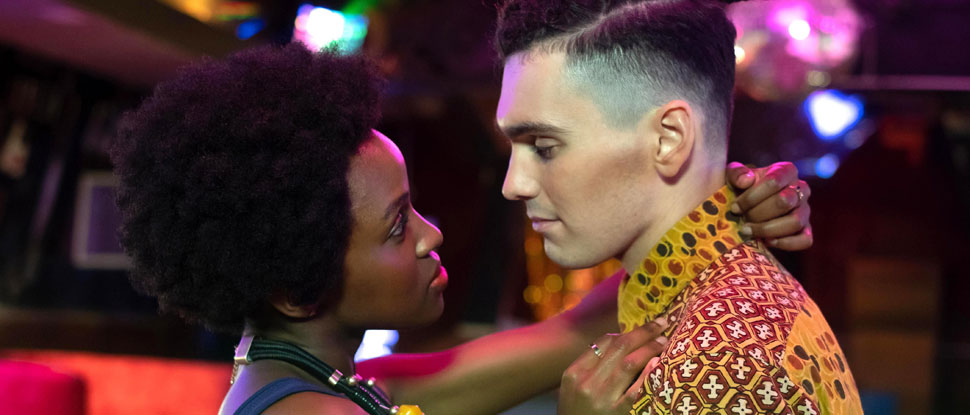Malorie Blackman on Noughts and Crosses: ‘I knew it would make people uncomfortable’

Noughts & Crosses wasn’t so much a book I wanted to write as a book I needed to write. It was born of a number of factors, including – but not limited to – a need to deal with a number of events from my past, a desire to tackle the subject of racism head on, and the burning anger I felt regarding the death of Stephen Lawrence and the subsequent mishandling of the police inquiry into his death.
Though these things provided the impetus for sitting in front of my computer for a year to write this novel, I was determined not to put anything down on paper that didn’t first and foremost serve the story of Callum and Sephy. That meant an awful lot got left out!
Callum and Sephy and the idea for the book marinated in my head for at least two years before I wrote a single word. I always write detailed biographies for all the major characters in my books. This is to ensure that my characters become real people to me before I start writing, but with Callum and Sephy I took extra care to really get to know them, inside out and backwards. That way, I felt I’d know how they would react in any situation.
Noughts and Crosses was born from the burning anger I felt regarding the death of Stephen Lawrence.
I usually write quite a detailed outline of my plot before I get to work, but with Noughts & Crosses I deliberately didn’t. I knew my story arc was going to be about the lives of Callum, Sephy and their families, and I knew the path I wanted them to take, but that was it. So I sat down to write and within a chapter the characters had taken over. Now, this sounds slightly bonkers to anyone who is not a writer and who has never been through it, but when an author writes, the characters really do take on a life of their own. And if they don’t, they should! I wanted Callum and Sephy to take certain paths through the story, but they pulled me down others. Events happened to them in the writing of the novel that I had never planned – at least, not consciously.
That said, Callum had to cope with certain events which were lifted directly from my own childhood and teenage years – events like enduring his history lesson, or being challenged for being in a first-class carriage on a train. All this made Noughts & Crosses the most painful, personal, challenging, cathartic and satisfying book I’d written to date. There were times when I had to force myself to continue writing, times when my writing dredged up bitter memories I’d buried deep inside and thought were forgotten.
And – confession time – when I was writing the ending of this book, I was in tears, which at the time I considered totally barking! There I was as the author, and the characters had become so real, such friends to me, that I felt their pain as if it were my own.
I wanted to look at race and class dynamics through a non-traditional lens.
I wasn’t sure how Noughts & Crosses would be received; whether it would sink without trace, be mercilessly panned, or find any kind of audience. And, quite frankly, that wasn’t a consideration. I knew I was writing a book that would make some adults very uncomfortable (and it did!) because I was dealing with racism, terrorism, the class system and the artificial divides we always seem to put between ourselves and others. But it was a risk I was willing to take. I wanted to look at race and class dynamics through a non-traditional lens. Noughts & Crosses was quite simply a book I had to write, a story I had to tell.
Noughts & Crosses airs on BBC1 at 9pm on Thursday 4 March.